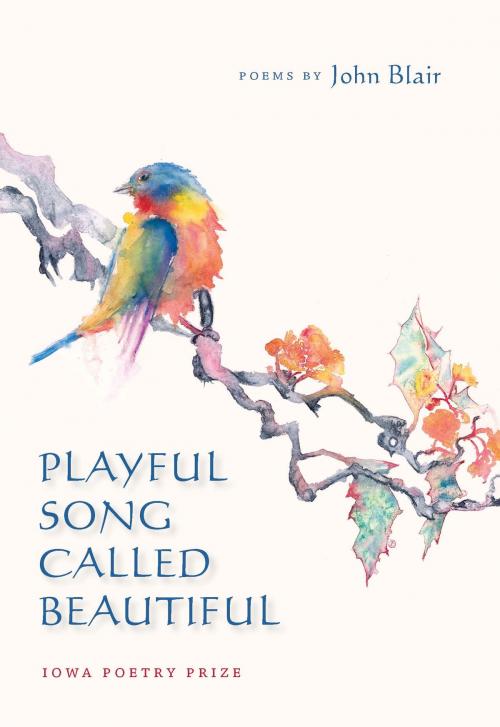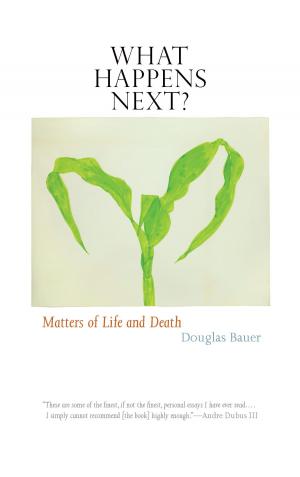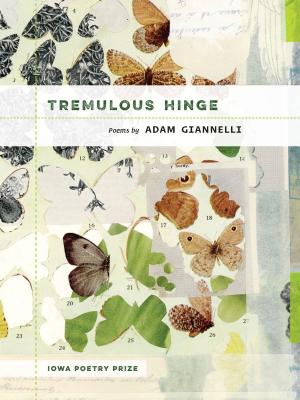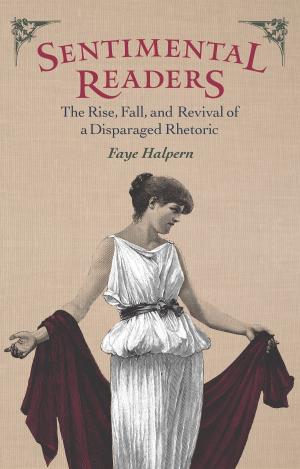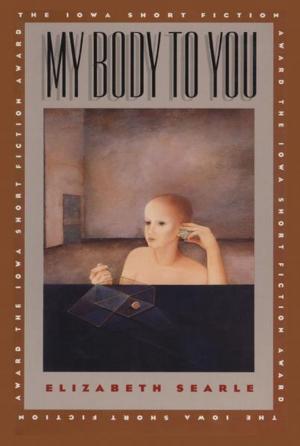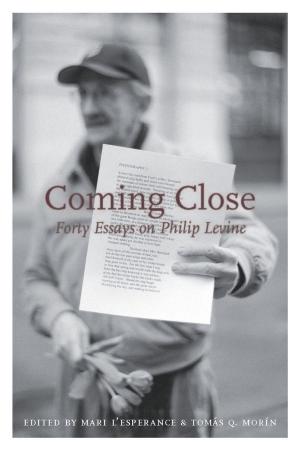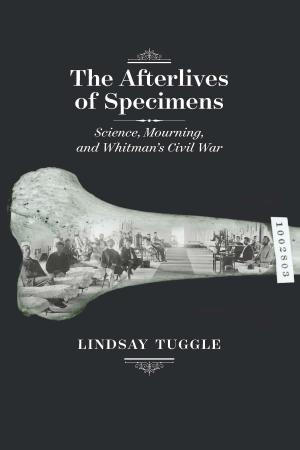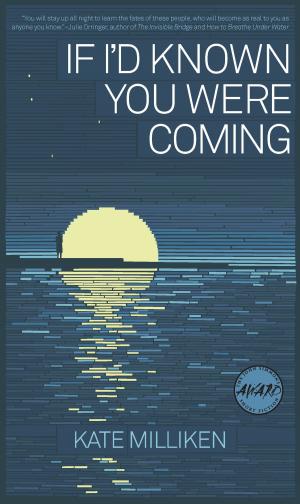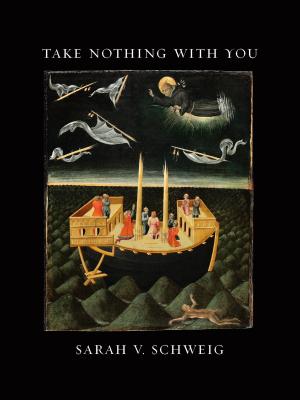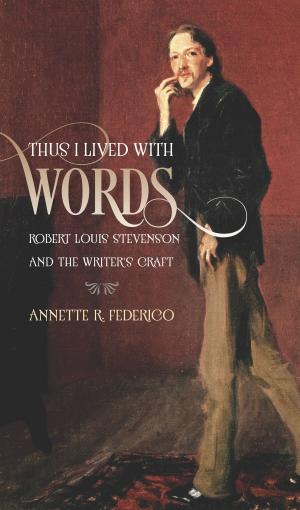| Author: | John Blair | ISBN: | 9781609384005 |
| Publisher: | University of Iowa Press | Publication: | April 1, 2016 |
| Imprint: | University Of Iowa Press | Language: | English |
| Author: | John Blair |
| ISBN: | 9781609384005 |
| Publisher: | University of Iowa Press |
| Publication: | April 1, 2016 |
| Imprint: | University Of Iowa Press |
| Language: | English |
Playful Song Called Beautiful ranges far into the intersections of faith and scientific thought, places where “there is no stranger who is / stranger than you, no / familiar who’s more / familiar.” In poems that are either formally rhymed and metered or written in syllabically structured three-line stanzas, Blair wanders among universal orders and failures of desire, where the unlikeliness of any of us being who we are, what we are, where we are forces us to consider—and reconsider—the possibilities of belief and meaning. Blair’s poems are elegant and earthy, sometimes profane, and sometimes lovingly playful.
From the invisible landscape of elementary particles to Johann Wolfgang Von Goethe’s love of the smell of rotten apples, Blair’s poems direct us through a “great wide world that is / ours and never ours” and somewhere among the rolling tercets, the transcendent becomes not only possible, but entirely inevitable.
Playful Song Called Beautiful ranges far into the intersections of faith and scientific thought, places where “there is no stranger who is / stranger than you, no / familiar who’s more / familiar.” In poems that are either formally rhymed and metered or written in syllabically structured three-line stanzas, Blair wanders among universal orders and failures of desire, where the unlikeliness of any of us being who we are, what we are, where we are forces us to consider—and reconsider—the possibilities of belief and meaning. Blair’s poems are elegant and earthy, sometimes profane, and sometimes lovingly playful.
From the invisible landscape of elementary particles to Johann Wolfgang Von Goethe’s love of the smell of rotten apples, Blair’s poems direct us through a “great wide world that is / ours and never ours” and somewhere among the rolling tercets, the transcendent becomes not only possible, but entirely inevitable.
